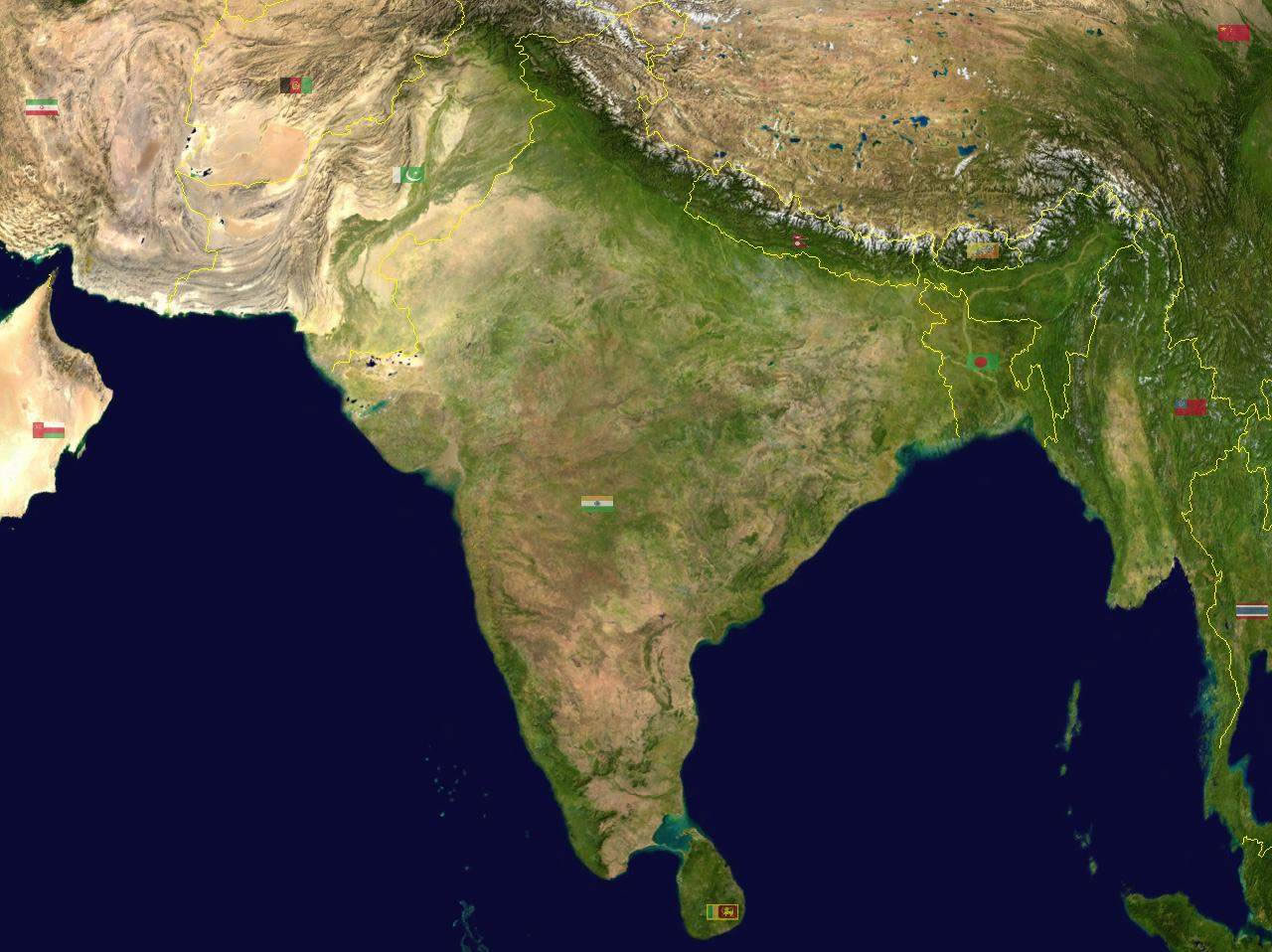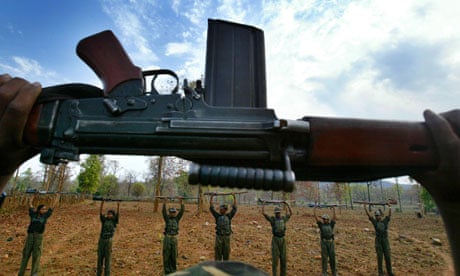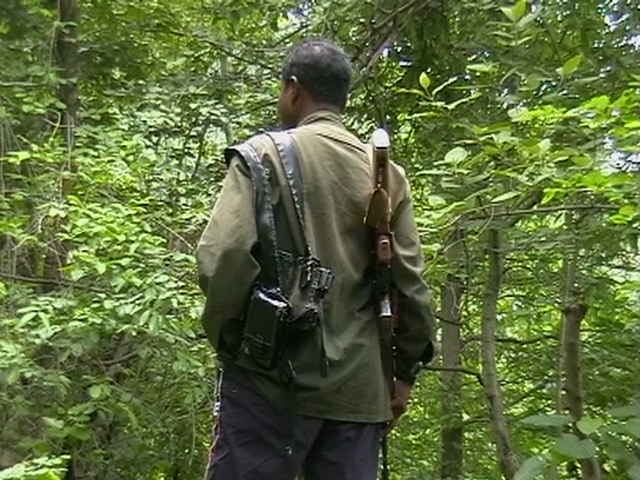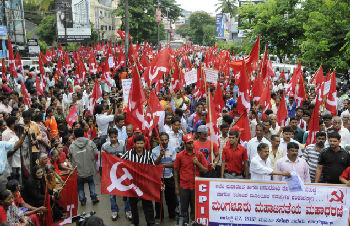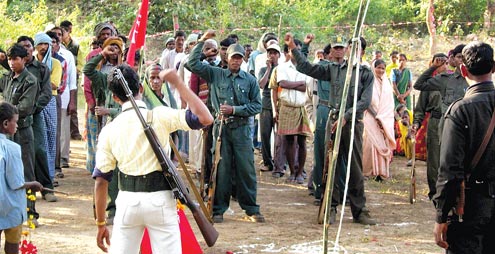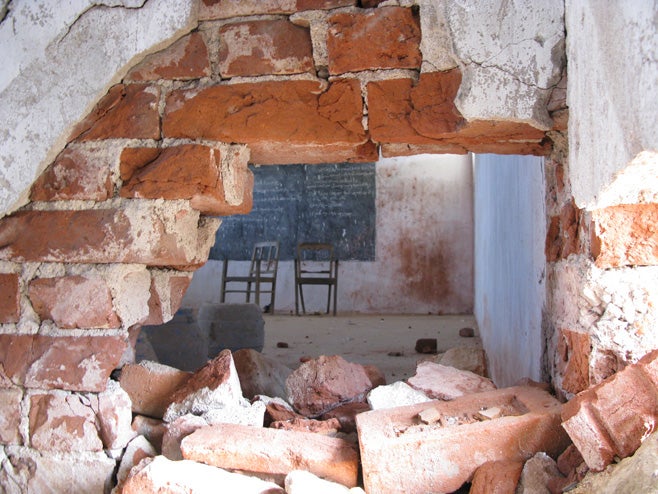A Blueprint for Fair and Inclusive US-China Trade Architecture
A New Architecture For Global Trade Emerging
Fixing Education in America: Lessons from the Best School Systems Around the World
World-Class Learning: The Rich Countries with the Best Education Systems
How to Fix Health Care in America: Lower Costs and Cover Everyone
Neither Aid Nor Trade: The Hidden Cost of the US-China Trade War on the World’s Poorest
How Singapore Handles Retirement
Tit-for-Tat Scenarios and De-escalation Roadmap for Operation Sindoor Using Game Theory
Harnessing the Sun from Space: China's Ambitious Leap into Orbital Solar Power
The Forgotten Casualties of the Trade War: Africa and South Asia Deserve a Fair Shot
In the escalating tensions of the ongoing trade war, headlines are dominated by the rivalry between two global titans—China and the United States. The world watches as tariffs fly, supply chains reorganize, and multilateral alliances shift. But amidst this geopolitical chess match, my concern does not lie with Washington or Beijing. I am not worried about the future of Silicon Valley or the fate of Shenzhen’s factories. I am worried about something far more fragile, far more urgent: the lives and futures of ordinary people in Africa and South Asia.
Because when giants fight, it's the grass that gets trampled.
Trade has been one of humanity’s most powerful engines for lifting people out of poverty. From the textile boom in Bangladesh to the tech outsourcing revolution in India, from cashew exports in West Africa to flower farms in Kenya—access to global markets has offered millions a ladder out of deprivation. But as tariffs rise and trade corridors shift, the weakest economies stand to lose the most.
Let’s be clear: this is not about defending corrupt regimes or bloated bureaucracies. It’s not about African or South Asian politicians. It’s about the farmer in Bihar who wants to sell mangoes abroad. It’s about the garment worker in Dhaka whose factory order just got canceled. It’s about the Kenyan small business that was finally breaking into international e-commerce—only to be priced out due to shifting regulations or currency volatility sparked by trade battles they had no part in.
These people deserve preferential treatment—not as charity, but as justice. The global trade system should be calibrated to level the playing field, not tilt it further against the most vulnerable. That means granting duty-free access to products from the Least Developed Countries (LDCs). That means supporting infrastructure, financing, and digital access so that small producers can compete. That means acknowledging that "fair trade" must go beyond the powerful negotiating among themselves.
If we are serious about eradicating poverty—truly serious—then we must build a trade architecture that includes and uplifts the poorest. Not just with slogans, but with enforceable commitments. Not just with development aid, but with a real seat at the table.
The poorest of the world do not need protectionism. They need partnership.
And in this trade war, they are the ones who risk losing the most—while having done the least to cause it.
Let’s not forget them.
The Rise of Bilateral Currency Agreements
What Happens if Trump’s Approval Rating Falls Below 30%? Political Fallout Scenarios
Methods of Rerouting Exports
The Fentanyl Crisis: Unraveling a Global Web of Death, Trade, and Geopolitics
India-US Trade: Mapping the Path to $500 Billion by 2030
The Global Push for Dedollarization
China and the United States: A Tale of Two Political Systems
"Who Will Blink First" Is the Wrong Question in Global Trade
AOC 2028? The Possibility, the Platform, and the Path Ahead
Trump’s Trade War
Peace For Taiwan Is Possible
The Last Age of War, The First Age of Peace: Lord Kalki, Prophecies, and the Path to Global Redemption
AOC 2028: : The Future of American Progressivism
